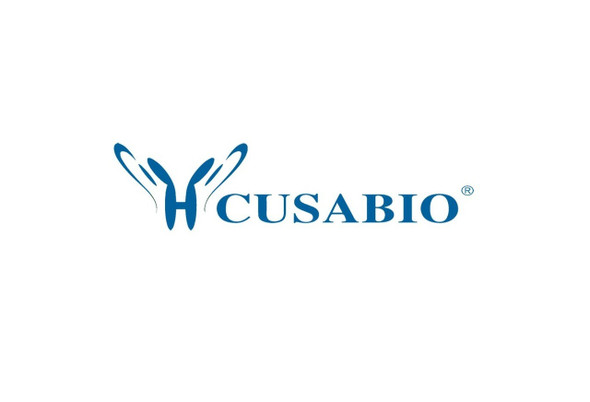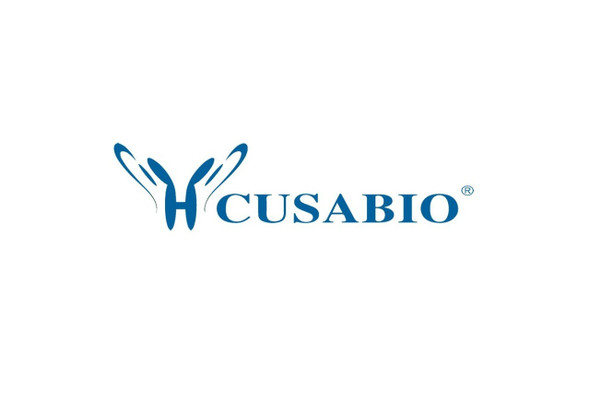Cusabio Polyclonal Antibodies
FKBP4 Antibody, HRP conjugated | CSB-PA008700EB01HU
- SKU:
- CSB-PA008700EB01HU
- Availability:
- 3 to 7 Working Days
Description
FKBP4 Antibody, HRP conjugated | CSB-PA008700EB01HU | Cusabio
FKBP4 Antibody, HRP conjugated is Available at Gentaur Genprice with the fastest delivery.
Online Order Payment is possible or send quotation to info@gentaur.com.
Product Type: Polyclonal Antibody
Target Names: FKBP4
Aliases: Peptidyl-prolyl cis-trans isomerase FKBP4 (PPIase FKBP4) (EC 5.2.1.8) (51 kDa FK506-binding protein) (FKBP51) (52 kDa FK506-binding protein) (52 kDa FKBP) (FKBP-52) (59 kDa immunophilin) (p59) (FK506-binding protein 4) (FKBP-4) (FKBP59) (HSP-binding immunophilin) (HBI) (Immunophilin FKBP52) (Rotamase) [Cleaved into: Peptidyl-prolyl cis-trans isomerase FKBP4, N-terminally processed], FKBP4, FKBP52
Background: Immunophilin protein with PPIase and co-chaperone activities. Component of steroid receptors heterocomplexes through interaction with heat-shock protein 90 (HSP90) . May play a role in the intracellular trafficking of heterooligomeric forms of steroid hormone receptors between cytoplasm and nuclear compartments. The isomerase activity controls neuronal growth cones via regulation of TRPC1 channel opening. Acts also as a regulator of microtubule dynamics by inhibiting MAPT/TAU ability to promote microtubule assembly. May have a protective role against oxidative stress in mitochondria.
Isotype: IgG
Conjugate: HRP
Clonality: Polyclonal
Uniport ID: Q02790
Host Species: Rabbit
Species Reactivity: Human
Immunogen: Recombinant Human Peptidyl-prolyl cis-trans isomerase FKBP4 protein (1-240AA)
Immunogen Species: Human
Applications: ELISA
Tested Applications: ELISA
Purification Method: >95%, Protein G purified
Dilution Ratio1:
Dilution Ratio2:
Dilution Ratio3:
Dilution Ratio4:
Dilution Ratio5:
Dilution Ratio6:
Buffer: Preservative: 0.03% Proclin 300
Constituents: 50% Glycerol, 0.01M PBS, pH 7.4
Form: Liquid
Storage: Upon receipt, store at -20°C or -80°C. Avoid repeated freeze.
Initial Research Areas: Signal Transduction
Research Areas: Epigenetics & Nuclear Signaling;Signal transduction






